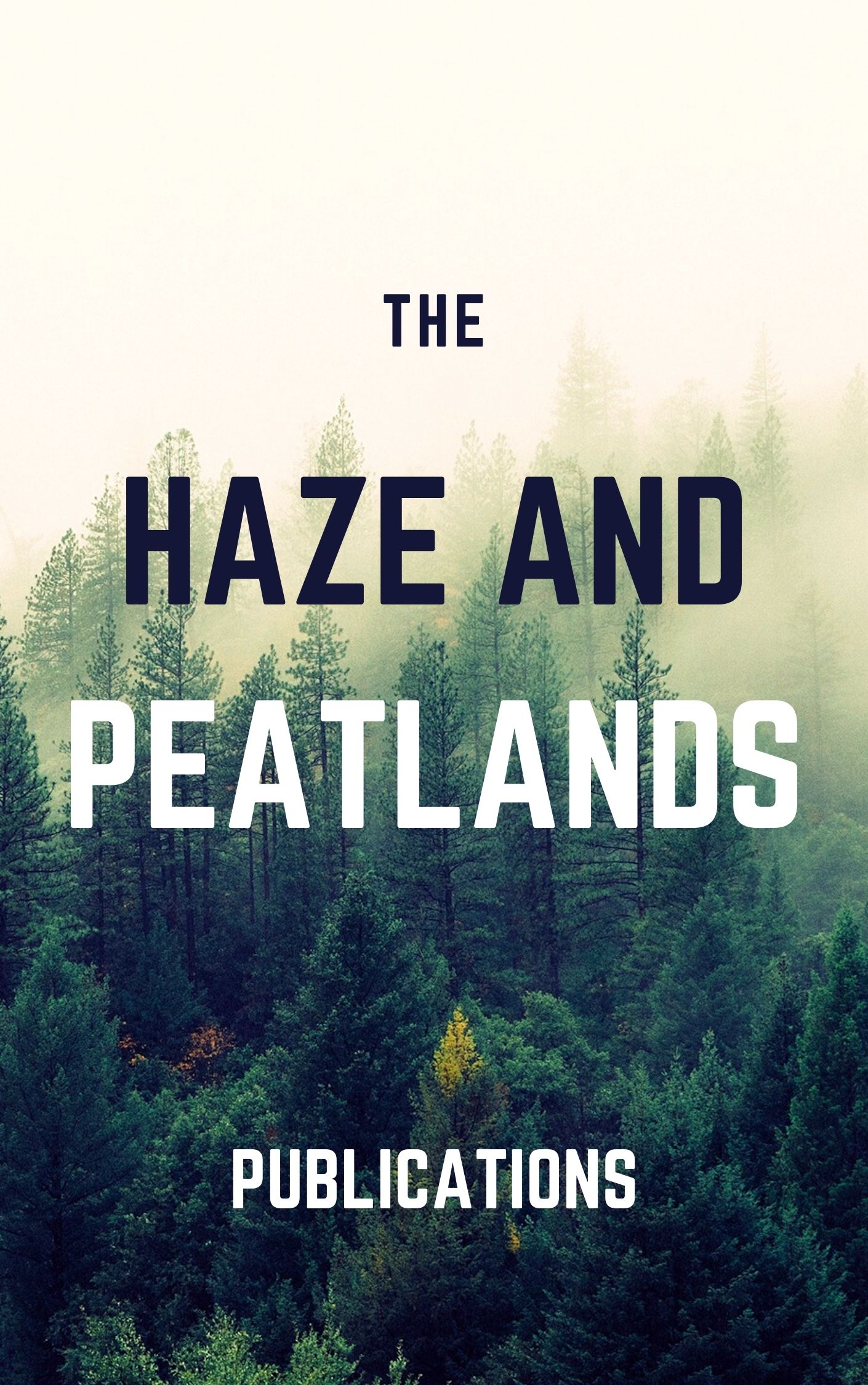Within environmental governance regimes such as the United Nations’ Reducing Emissions from Deforestation and Degradation (REDD+), uncertainty surrounding forest carbon offset commensurability is often regarded as a technical failing that can be resolved through additional data collection or new scientific methods. Though efforts to reduce uncertainty through extensive carbon accounting has generated immense datasets, uncertainty surrounding the commensurability of forest carbon offsets remains, emerging from the neoliberal political economic context as much as from scientific data gaps. Drawing on an analysis of a REDD+ project in Indonesia's peatlands, this article shows that incompatibilities between scientific uncertainty and financial uncertainty emerged through this forest carbon offset project and, more broadly, that incompatible uncertainty acts as a knowledge regime in the context of hegemonic discourses that connect Indonesia's degraded peatlands to climate change. This article thus argues that in neoliberal land use-based climate change mitigation projects, it is not the inevitable, enduring presence of scientific or market-based uncertainty that stymies project implementation but the incompatibility of these two forms of uncertainty. By exploring how the drive for more data leads to more uncertainty, in turn spurring the pursuit of more data in lieu of other forms of project action, this article contributes to scholarship on the politics of knowing and un-knowing in environmental governance.
View source

